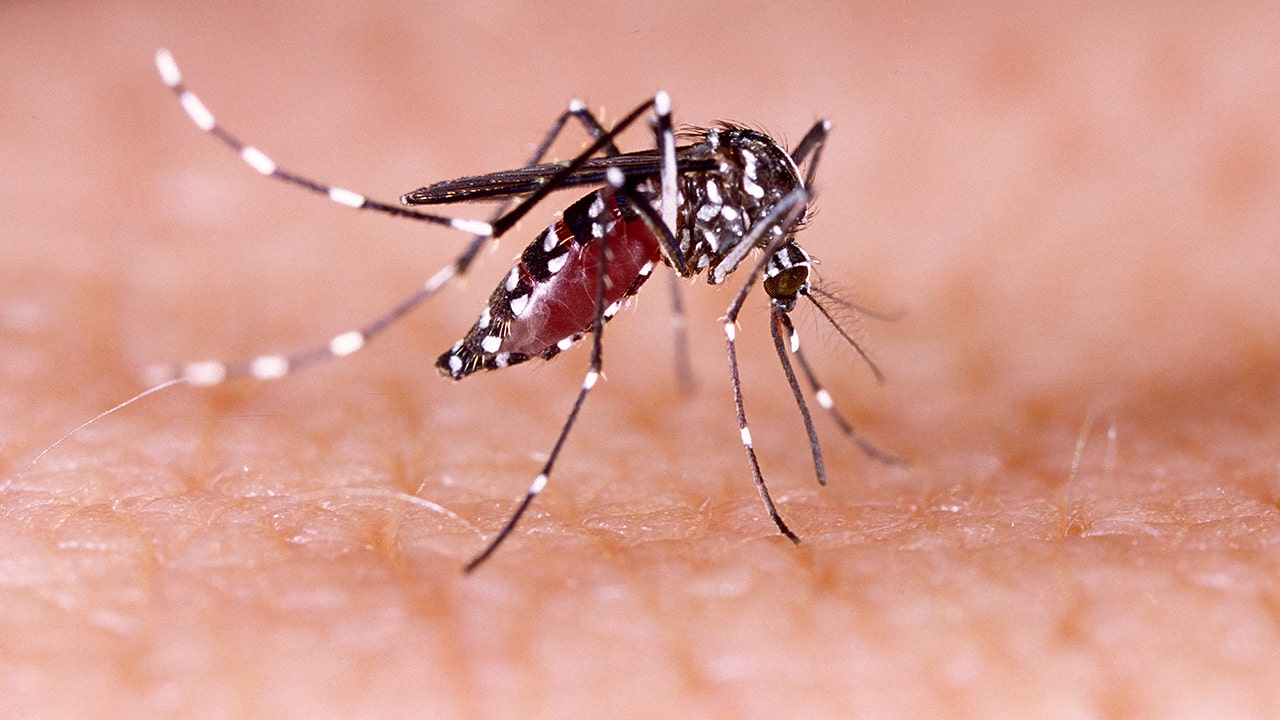Many patients who died after traumatic brain injuries may have survived and recovered if their families had waited to take them off life support, a new study found.
Researchers from Massachusetts General Hospital, Harvard Medical School and other universities analyzed “potential clinical outcomes” for patients with traumatic brain injury (TBI) who were removed from life support, according to a press release.
The study included 1,392 patients who were treated in 18 trauma centers across the U.S. over a 7½-year period.
HUNDREDS OF RURAL HOSPITALS ARE IN DANGER OF SHUTTING DOWN, STUDY FINDS: ‘AT RISK OF CLOSURE’
Using a mathematical model, the researchers compared patients for whom life support was withdrawn to similar patients who were kept on life support.
Among the group for whom life support was not withdrawn, more than 40% recovered at least some independence, according to a press release.
Many patients who died after traumatic brain injuries may have survived and recovered if their families had waited to take them off life support, a new study has found. (iStock)
The researchers also discovered that the notion of remaining in a vegetative state was an “unlikely outcome” six months after injury.
When designing the study, the team didn’t know what to expect, according to study author Yelena Bodien, PhD, of the Department of Neurology’s Center for neurotechnology and neurorecovery at Massachusetts General Hospital and and Spaulding Rehabilitation.
HOME HOSPITAL CARE BRINGS ‘PHENOMENAL’ BENEFITS TO PATIENTS AND PROVIDERS, STUDY FINDS
“Our anecdotal experience was that some families are told their loved ones had no chance for recovery, they would never walk, talk, work or have a meaningful relationship again — yet they chose not to discontinue life support and their loved one made a remarkable recovery,” she told Fox News Digital.
“On the other hand, clinicians are under a lot of pressure to make early prognoses and do not want to commit someone to a life that would never be acceptable to them, so it could be that those patients who died after life support was withdrawn would have had very significant impairments otherwise.”
“Our anecdotal experience was that some families are told their loved ones had no chance for recovery … yet they chose not to discontinue life support and their loved one made a remarkable recovery,” a researcher said. (iStock)
“I think there are two stories here,” said Bodien.
“One is that some patients with traumatic brain injury who died because life support was withdrawn may have recovered, but the other is that many would have died even if life support was continued.”
A patient’s prognosis after severe traumatic brain injury is highly uncertain, she noted. “Sometimes patients with the most devastating injuries survive and make meaningful recoveries.”
The problem, Bodien said, is that health care providers lack the tools required to determine which patients with devastating injuries will recover, to what extent they will recover — and how long that will take.
‘Very important’ study
Dr. Marc Siegel, clinical professor of medicine at NYU Langone Medical Center and a Fox News medical contributor, was not involved in the research but said it was a “very important” study.
“Previous research shows a high-level recovery from mild TBI and a significant recovery percentage even with moderate to severe injury,” Siegel told Fox News Digital.
HEAD INJURY ASSOCIATED WITH DOUBLED MORTALITY RATE, 30-YEAR STUDY REVEALS
“After head trauma, the brain may swell, and the use of mannitol and steroids and even sometimes surgery — where the top of the skull is removed — can be used to decrease pressure on the brain and increase chance of a full recovery,” he continued.
Rehabilitation is also crucial, Siegel added.
“All of these tools should be given a chance to work in most cases.”
Health care providers lack the tools required to determine which patients with devastating injuries will recover, to what extent they will recover and how long that will take, a researcher said. (iStock)
Based on the study findings, Bodien recommended that clinicians should be “very cautious” with “irreversible decisions” like withdrawing life support in the days following traumatic brain injury.
“Families should also be aware of our results so that they can advocate for delaying a decision to discontinue life support if this is aligned with what they believe their loved one would want,” she added.
Limitations of the research
There were some limitations to the study, Bodien said.
“The sample size of the study was small, which made it difficult to find an adequate number of participants who did not have life support discontinued and were clinically similar, or ‘matched,’ to those who had life support discontinued,” she told Fox News Digital.
CLICK HERE TO SIGN UP FOR OUR HEALTH NEWSLETTER
Among the participants who did not have life support discontinued, the researchers were not able to follow all of them for a six-month period.
Another limitation is that the researchers used clinical variables that were available on the day of, or the day after, hospitalization — but sometimes decisions to discontinue life support are made several days later.
Based on the findings, study author Yelena Bodien (not pictured) recommended that clinicians should be “very cautious” with “irreversible decisions” such as withdrawing life support in the days following traumatic brain injury. (iStock)
“There are many considerations that may lead to a decision to discontinue life support after traumatic brain injury that we were unable to factor into our analyses,” she continued.
“For example, personal beliefs, religion and advanced directives could all affect decision-making but were not captured in our study.”
Bodien also noted that the Harvard study was focused on traumatic brain injury and cannot begeneralized to other injuries and illnesses.
For more Health articles, visit www.foxnews.com/health.
Melissa Rudy is health editor and a member of the lifestyle team at Fox News Digital. Story tips can be sent to melissa.rudy@fox.com.




